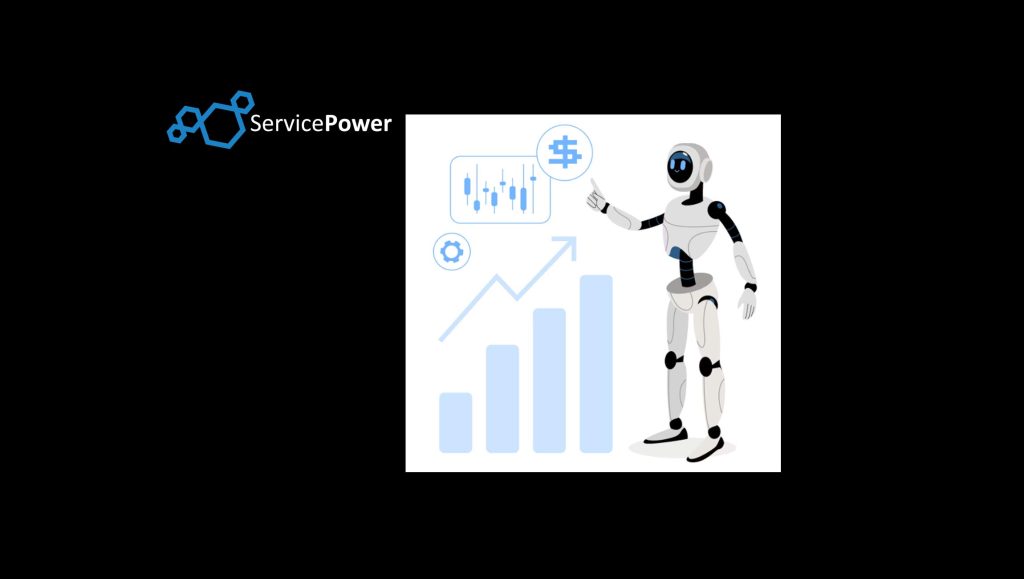Technology is constantly evolving, and businesses have already learned to rely on it to function more efficiently and remain competitive. According to experts, salespeople are early adopters of technology, ranging from customer relationship management systems to direct prospecting on cell phones. Increasing technological complexity enables B2B sellers to benefit from these advancements and contribute to the industry’s sustained growth.
Here are some important aspects of how technology may aid sales teams in enhancing productivity and accomplishing goals:
Read More: Why Should Retailers Connect In-Store And Online Experiences?
Customer Relationship Management
CRM (Customer Relationship Management) Software for Customer Relationship Management (CRM) is the most widely used sales and marketing tool available — it enables salespeople to make reports, input notes or modifications directly into the CRM system, and store interactions, among other functions. Sales agents profit from these events since they help them stay organized in their efforts. By recording transactions through the pipelines, CRM enables salespeople to know sales opportunities better. They can estimate phases and probabilities due to this monitoring, which improves prediction accuracy.
Big Data
Big Data may be an effective tool for your sales team, allowing them to discover important information about their prospects before contacting them. This technology enables improved customer acquisition and churn rates and the upgrading of existing products. A data analytics tool can aid your sales staff in discovering and cultivating prospects who appear to be most receptive to your goods or services. With the assistance of a well-designed analytics platform, sales teams can make more informed decisions.
Bear in mind that such a strategy will provide positive results only if the emphasis is directed on areas where analytics can make the most impact. By including essential information in their communications, the analysis may assist sales teams in categorizing their target market and approaching prospects more successfully.
Email Tracking Software
Even though many salespeople dislike email, it has been established as the preferred mode of communication for both consumers and sellers. It is increasingly typical to have email tracking software installed as a result of technical improvements.
Salespeople may use email monitoring systems to uncover behavioral markers in their prospects’ emails, which they can then perform a more successful follow-up.
Top salespeople monitor their prospects’ preferences and reply with appropriate and timely follow-ups regardless of whether they visited a website, clicked on a link, or referenced them on social media.
Read More: Getting Your B2B Cold Emails Right!
Mobile Device Technology
Today’s salesmen all utilize smartphones, computers, tablets, and other mobile devices to automate time-consuming tasks and focus on more important tasks, allowing them to earn more money. When the time comes to make a purchase, having all of the essential papers on hand ensures a smooth transaction. Texting buyers and prospects has become a routine practice for many sales reps, and with reason, texting has a nearly 100% open rate, and most texts receive a response within five minutes.
As a result of this mobile explosion, salespeople now have an incredible opportunity to get a competitive edge by utilizing mobile phones. When combined with cloud-based CRM systems, your salespeople will have instant access to their most critical clients and prospects, therefore enhancing their productivity. Salespeople can work with real-time data and update their records on the move, thanks to the growing use of mobile technologies and collaborative tools.
Websites for Social Media
According to experts, social media has fundamentally shifted the game in marketing and client expectations. Customer information has always been critical in the sales process. Social media has simplified the process of acquiring customer data, and automation technology may facilitate the analysis of that data, allowing firms to focus on data-driven sales.
Salespeople should determine which social media sites their potential clientele use and focus their efforts on building a high-quality presence on those platforms. Linkedin and Twitter, according to some, are great platforms for B2B sales. Salespeople may immediately develop a connection with prospects by connecting and following them. When prospecting, sales professionals may use keywords to locate active persons in their industry.
AI Functionalities
Whichever AI system you use, it will aid you in centralizing all of your lead information and previous communication in a single area that serves as a ‘hub’ for your whole organization. AI enables salespeople to create tasks and reminders for follow-up actions, integrate their calendars or boxes, and automatically sync data to the system. Sales managers may maintain track of workflow data, which enables them to identify and rectify sales process inefficiencies.
Other departments, such as marketing, utilize all of the data generated by the AI to determine which activities create income and make accurate projections for the company’s operations.
With rapid technological developments taking place in call tracking technologies, sales teams must stay ahead of the learning curve to leverage the innovations for their benefits.
Read More: Is Conversational AI The Future Of Sales?




















